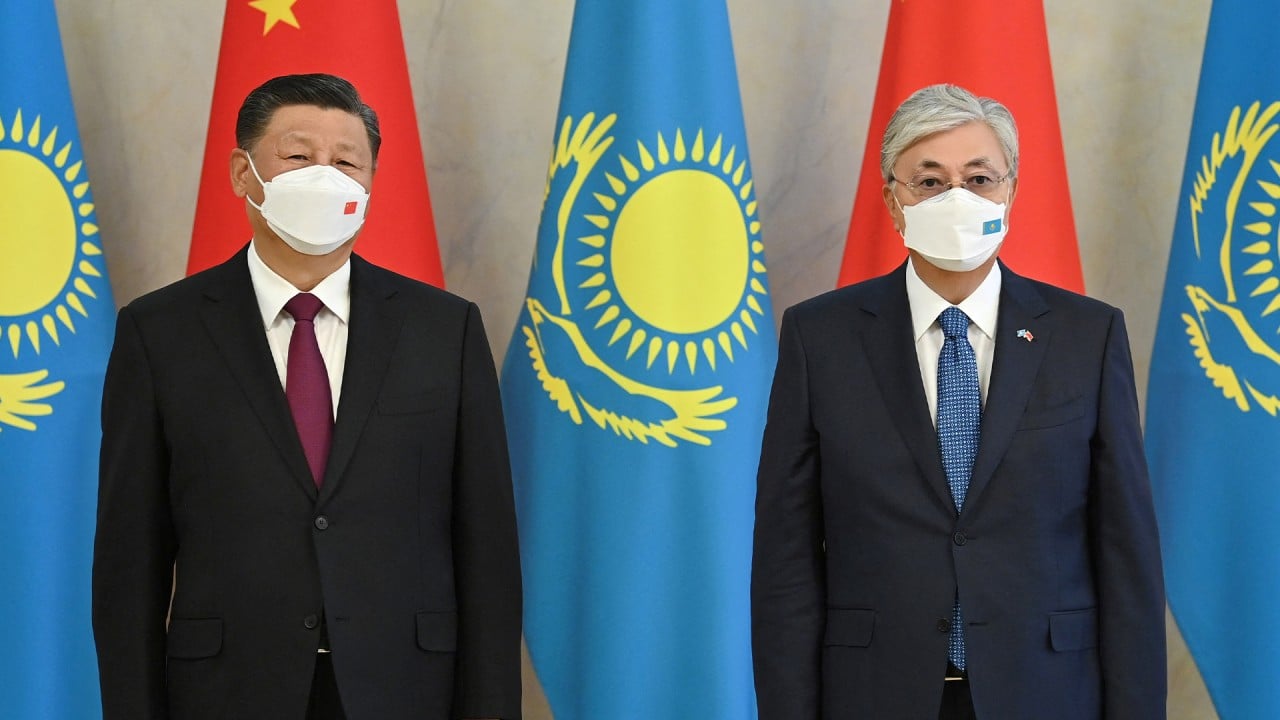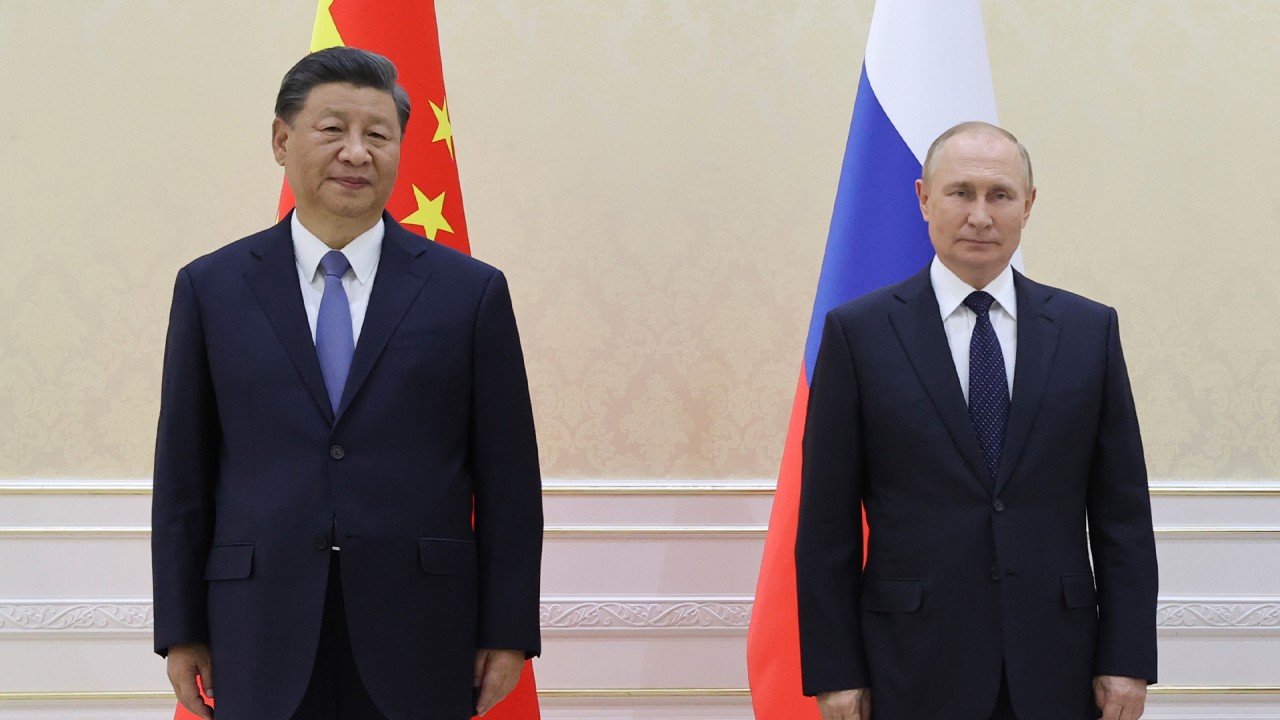
Xi Jinping’s Central Asia trip a big first step in renewing regional contact: analyst
- SCO summit yields joint declaration but differences over the war in Ukraine remain, observer says
- Visit comes as some countries ‘want to look for a more reliable economic partner’
While in the Uzbek city of Samarkand, he attended the summit of the Beijing and Moscow-led Shanghai Cooperation Organization.
In a declaration after the summit, the eight member states vowed to strengthen security cooperation, in an apparent effort to counter the United States and its Western allies.
The declaration called for mutual respect for sovereignty, independence, territorial integrity, and “the non-use of force or threat of force” when dealing with international relations.
Disputes between countries should be resolved peacefully through dialogue and consultation, it said.
And, without naming the US, the declaration said unilateral and unrestricted build-ups of global missile defence systems by individual countries or groups of states would jeopardise international security and stability.
State broadcaster CCTV said Xi’s trip renewed the bloc’s unity.
But analysts said relations between the states were complex and there were differences among them, with China and India both expressing concerns about the war in Ukraine.
Shi Yinhong, an international relations professor at Renmin University in Beijing, said the motivation behind the declaration’s reference to the non-use of force was unclear, but “most public opinion in the world will tend to regard it as a tactful appeal to Russian behaviour”.
Shi said that despite the concerns from the two major Asian partners, Putin would not change course because the only factor that could do so was the war itself.
“What [Putin] really pays attention to is the war effort in Ukraine and the sustainability of the Russian Armed Forces, as well as Nato countries’ aid to Ukraine,” he said.
However, Xi’s trip to Central Asia, where he met 12 leaders in three days, was beneficial to China’s diplomatic position, Shi said.
Shi said Beijing was facing much more complex challenges in the region and within the bloc and the trip could only be seen as a major first step in engaging the Central Asian countries in person after three years.
Yang Shu, former director of the Institute of Central Asian Studies at Lanzhou University, said Xi’s renewed engagement with Central Asia came as countries such as Kazakhstan were seeking closer economic ties with Beijing, especially as the Ukraine war distracted Russia’s efforts in the region.
“Several leaders got the chance to meet and talk. [Kazkh President Kassym-Jomart] Tokayev wants to look for a more reliable economic partner and China is the convenient choice,” Yang said.
China’s Xi Jinping skips mask-free SCO dinner amid packed talks schedule
Xi also announced in the summit that China would give 150 million yuan (US$24.37 million) in humanitarian aid to SCO members in need.
China would train 2,000 law enforcement personnel from member countries over the next five years and set up a counterterrorism training base, Xi said.
The declaration mentions member states’ commitment to combat terrorism, separatism, and extremism, and says that interference in the internal affairs of other countries under the pretext of combating terrorism and extremism is unacceptable.
It also mentions cooperation on nuclear disarmament, economic integration, cracking down on the drug trade, and prevention of the weaponisation of outer space.



